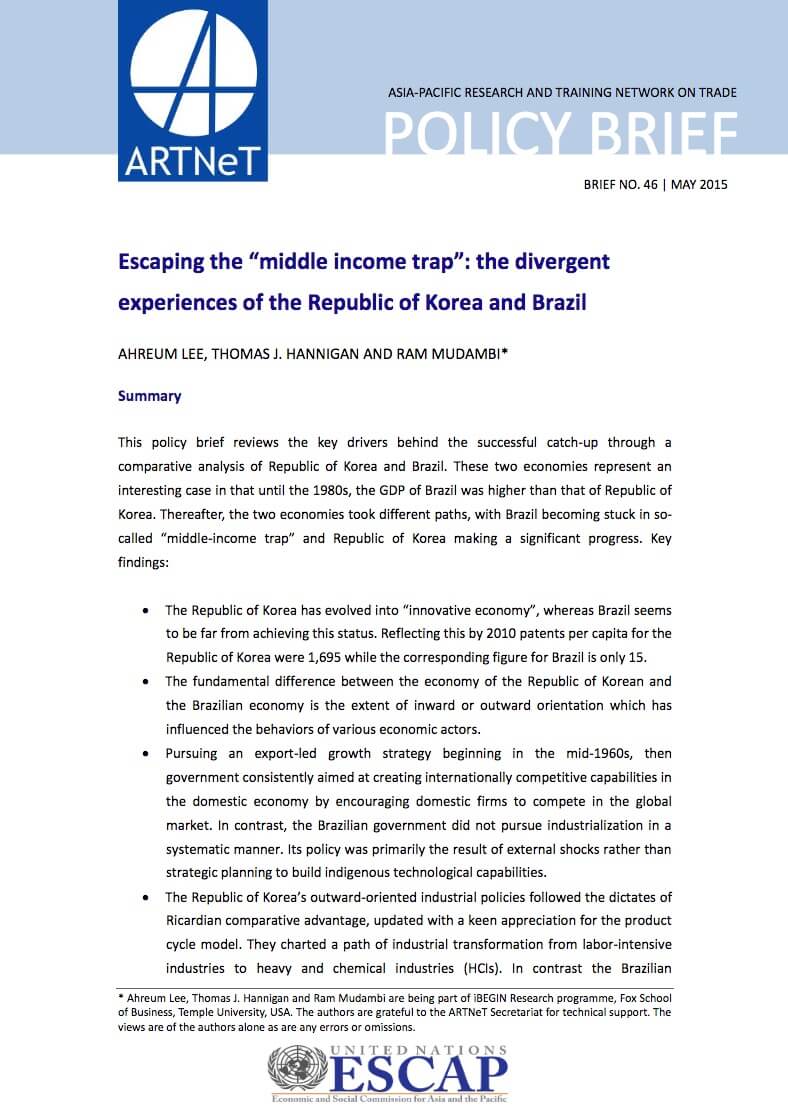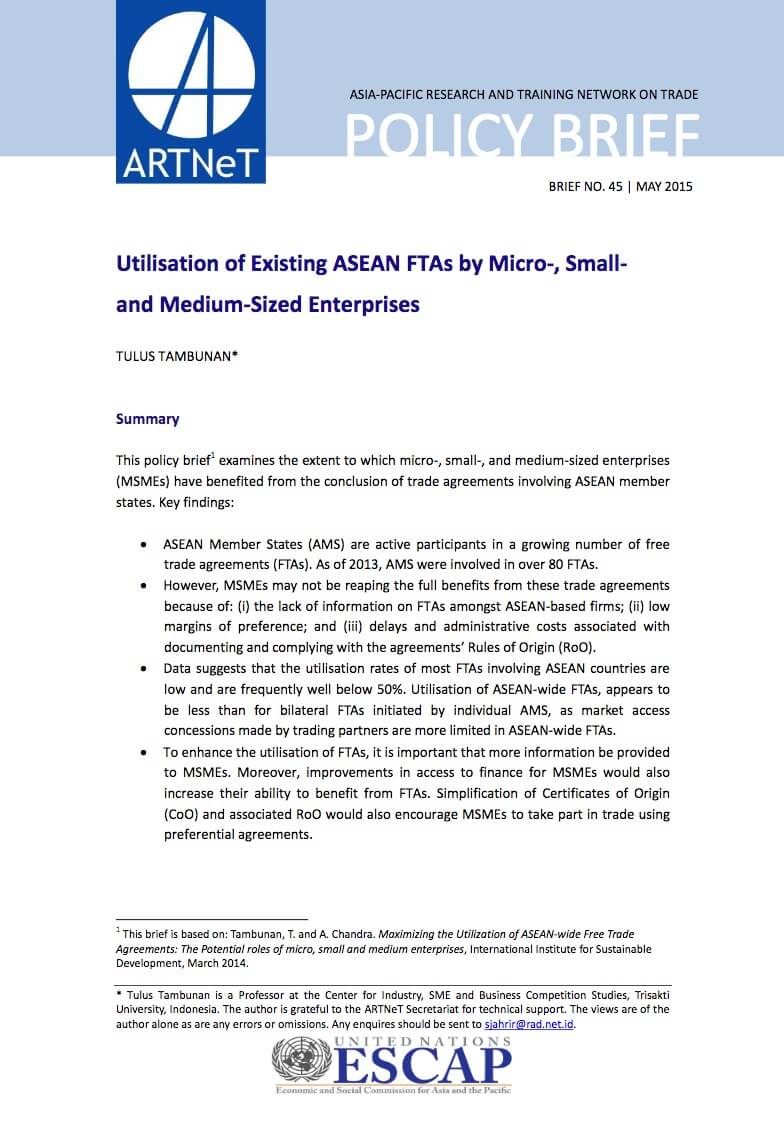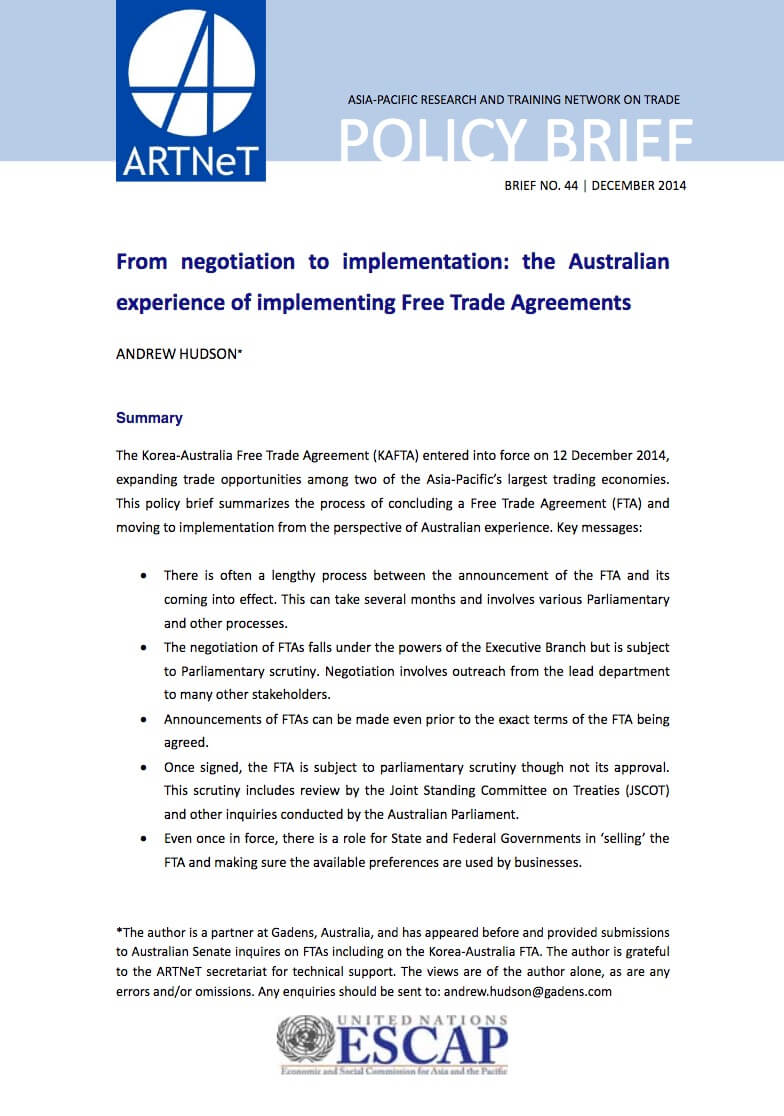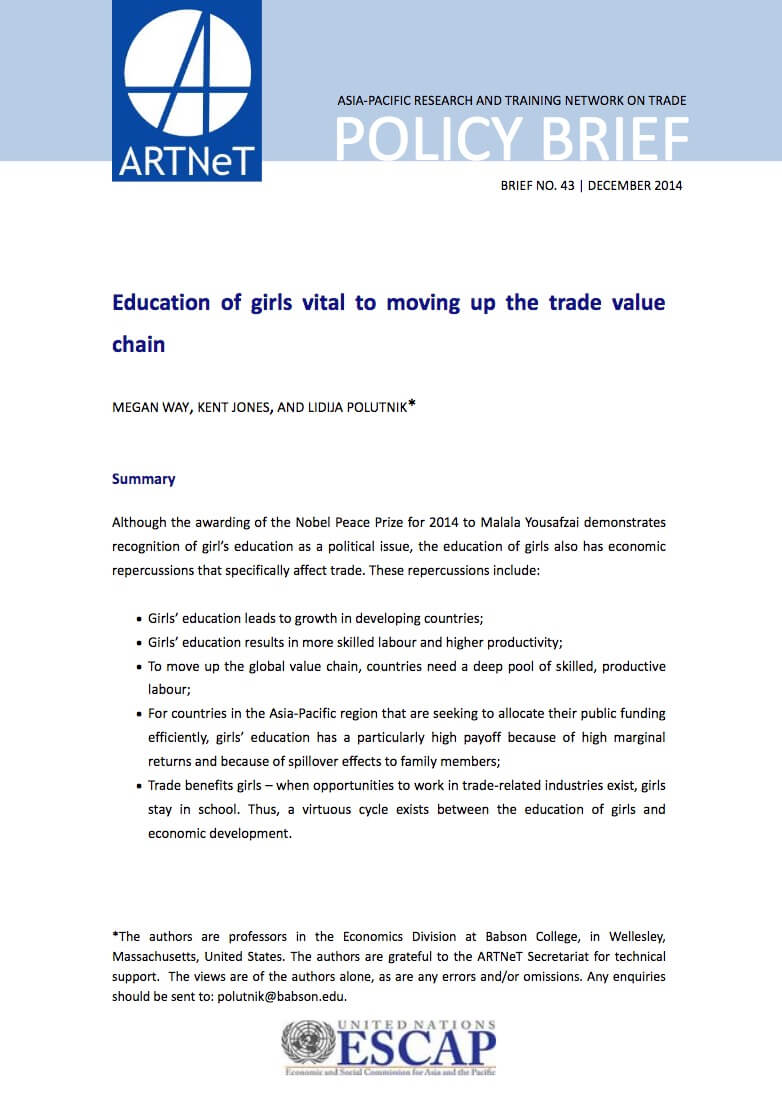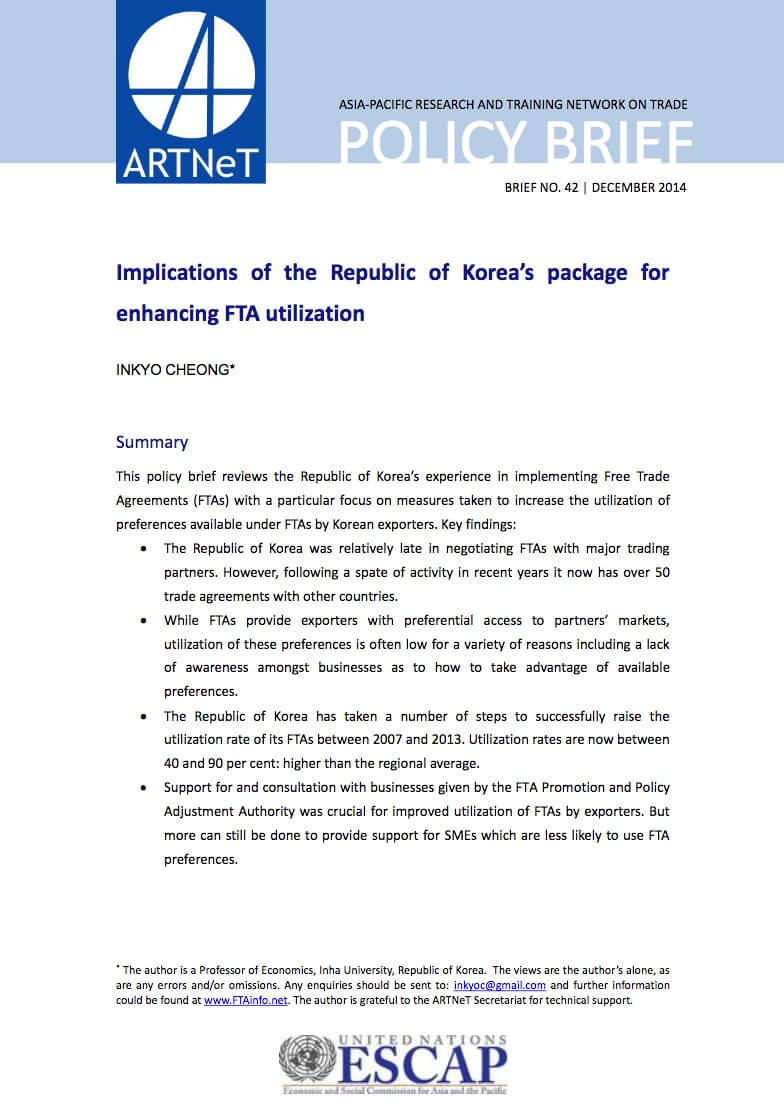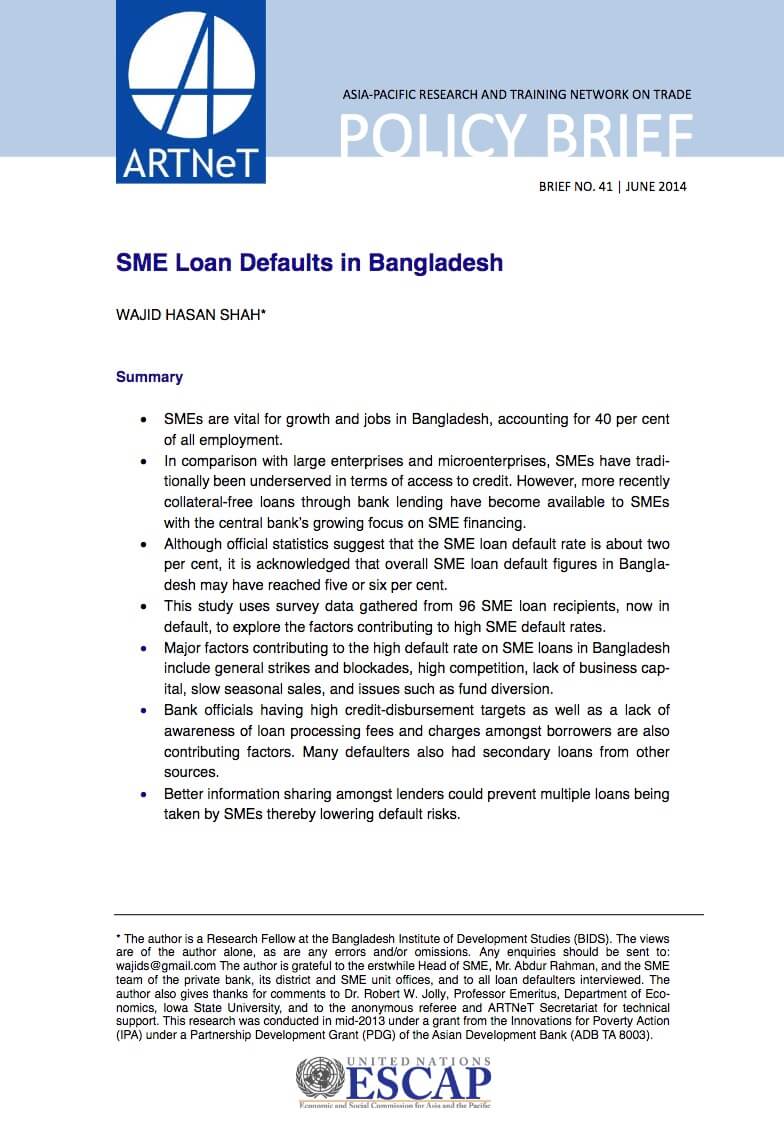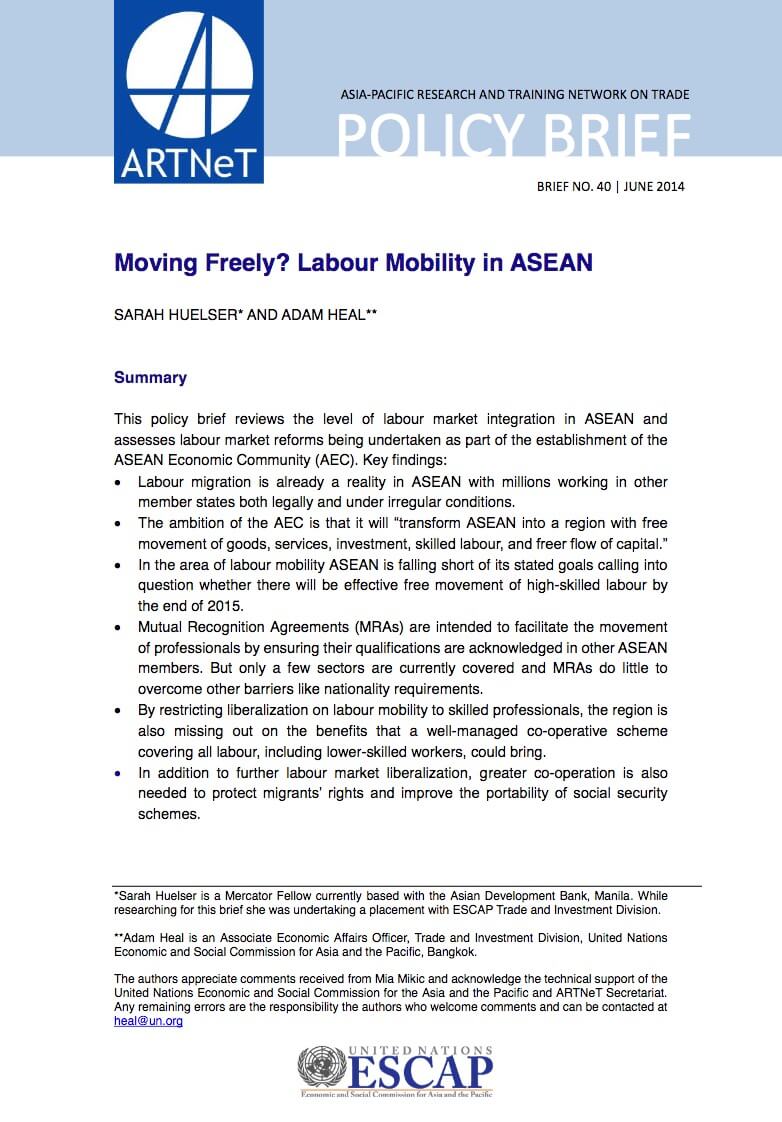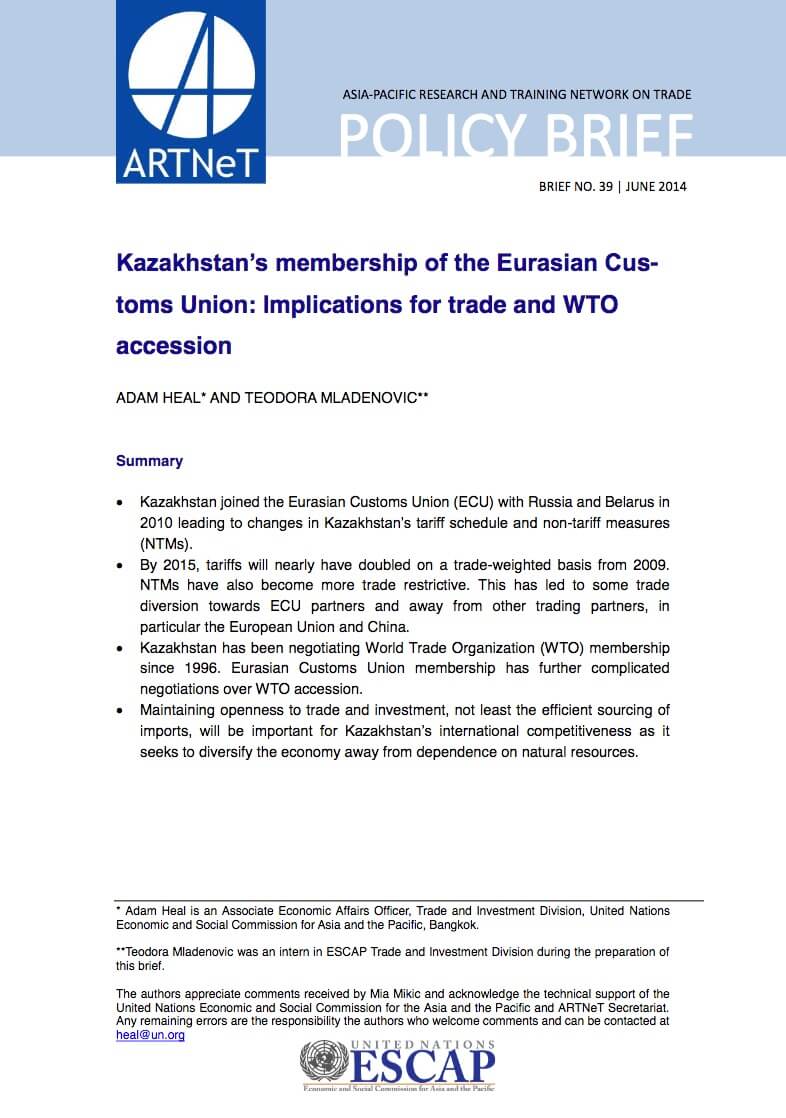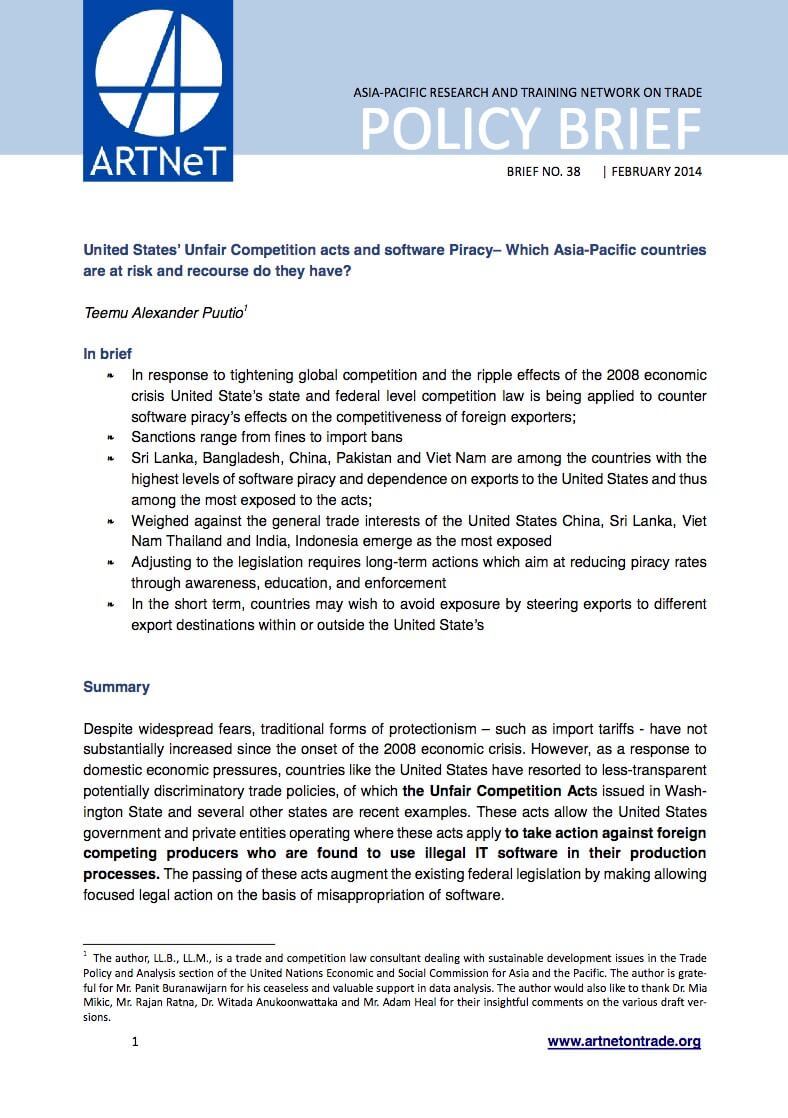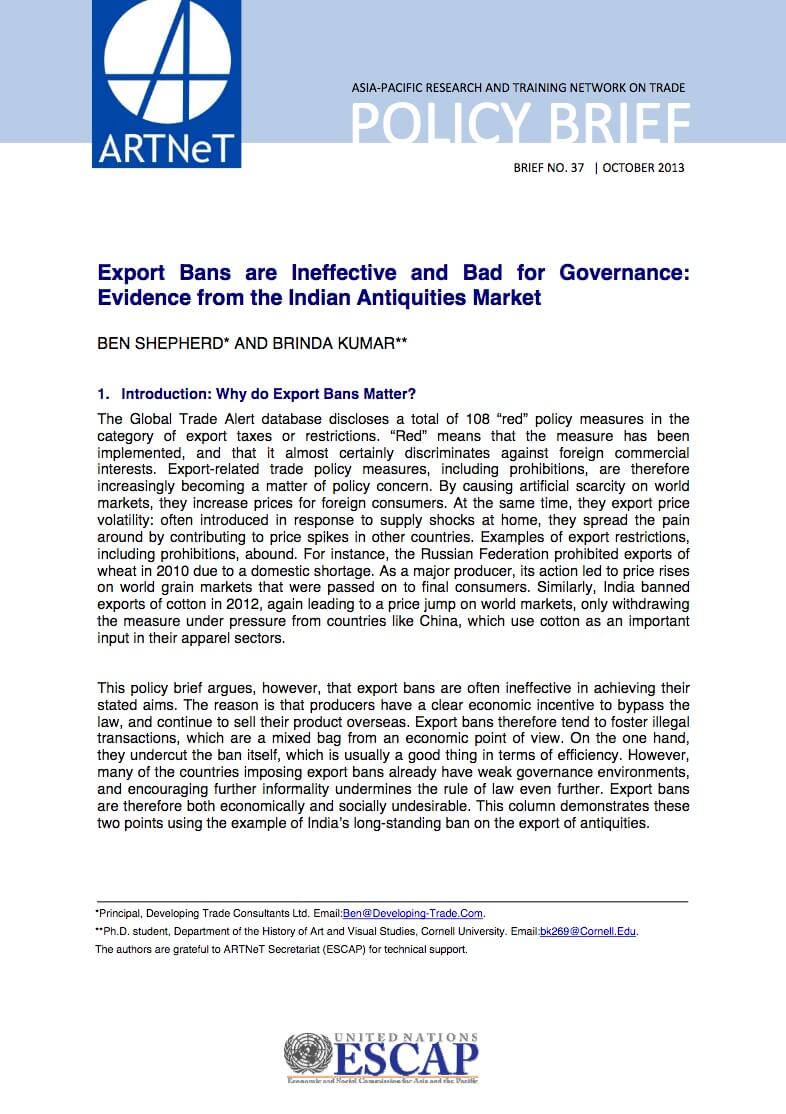Escaping the “middle income trap”: the divergent experiences of the Republic of Korea and Brazil
This policy brief reviews the key drivers behind the successful catch - up through a comparative analysis of Republic of Korea and Brazil. These two economies represent an interesting case in that until the 1980s, the GDP of Brazil was higher than that of Republic of Korea. Thereafter, the two economies took different paths, with Brazil becoming stuck in so - called “middle - income trap” and Republic of Korea making a significant progress.

